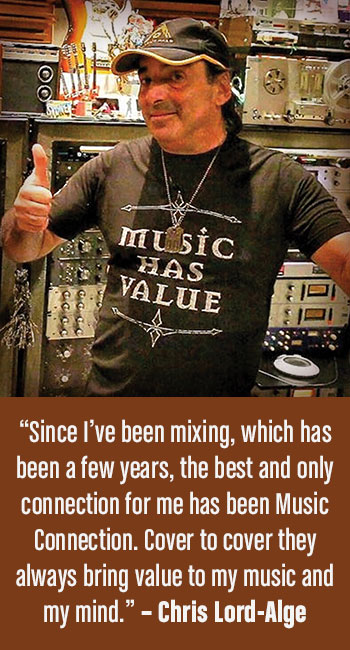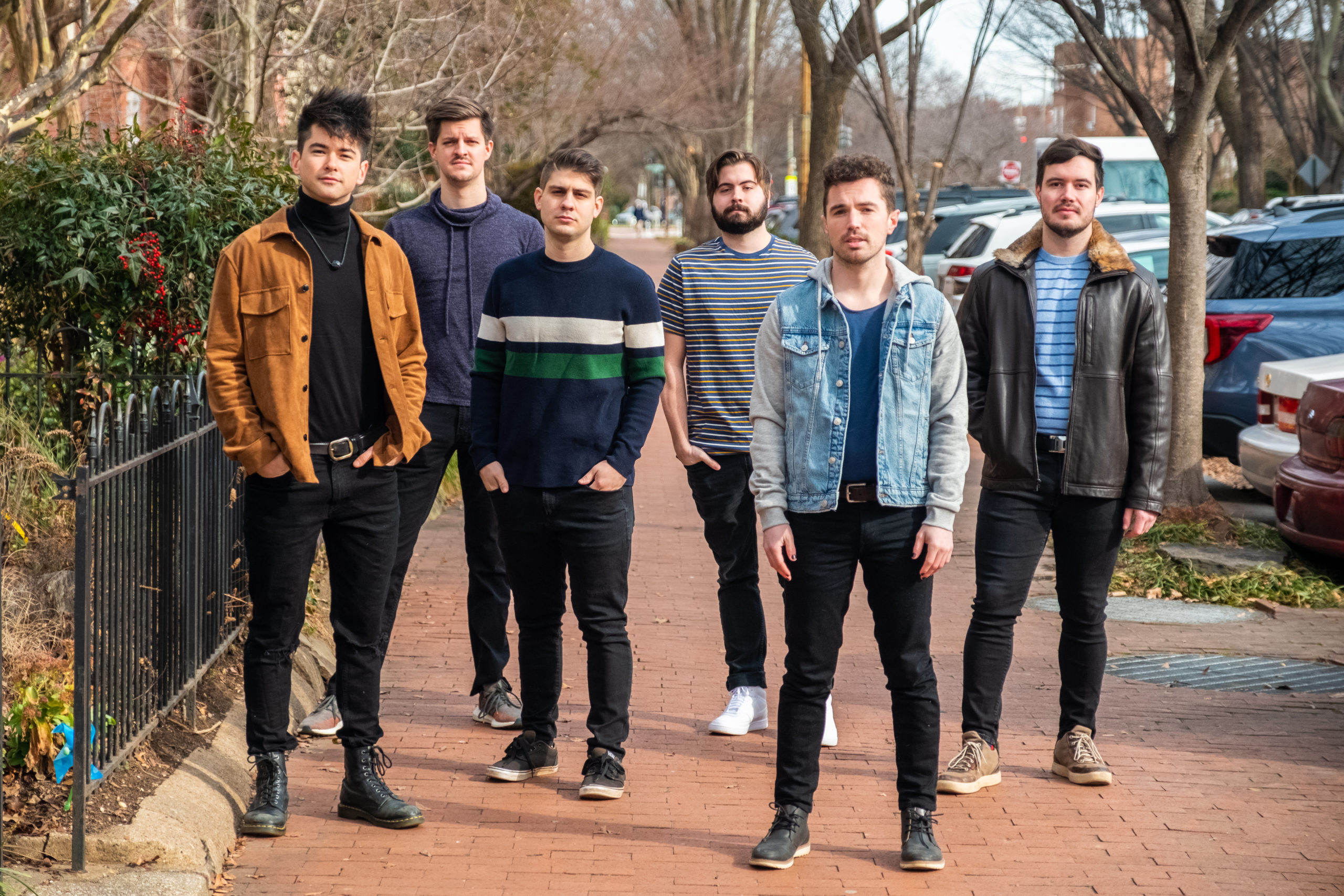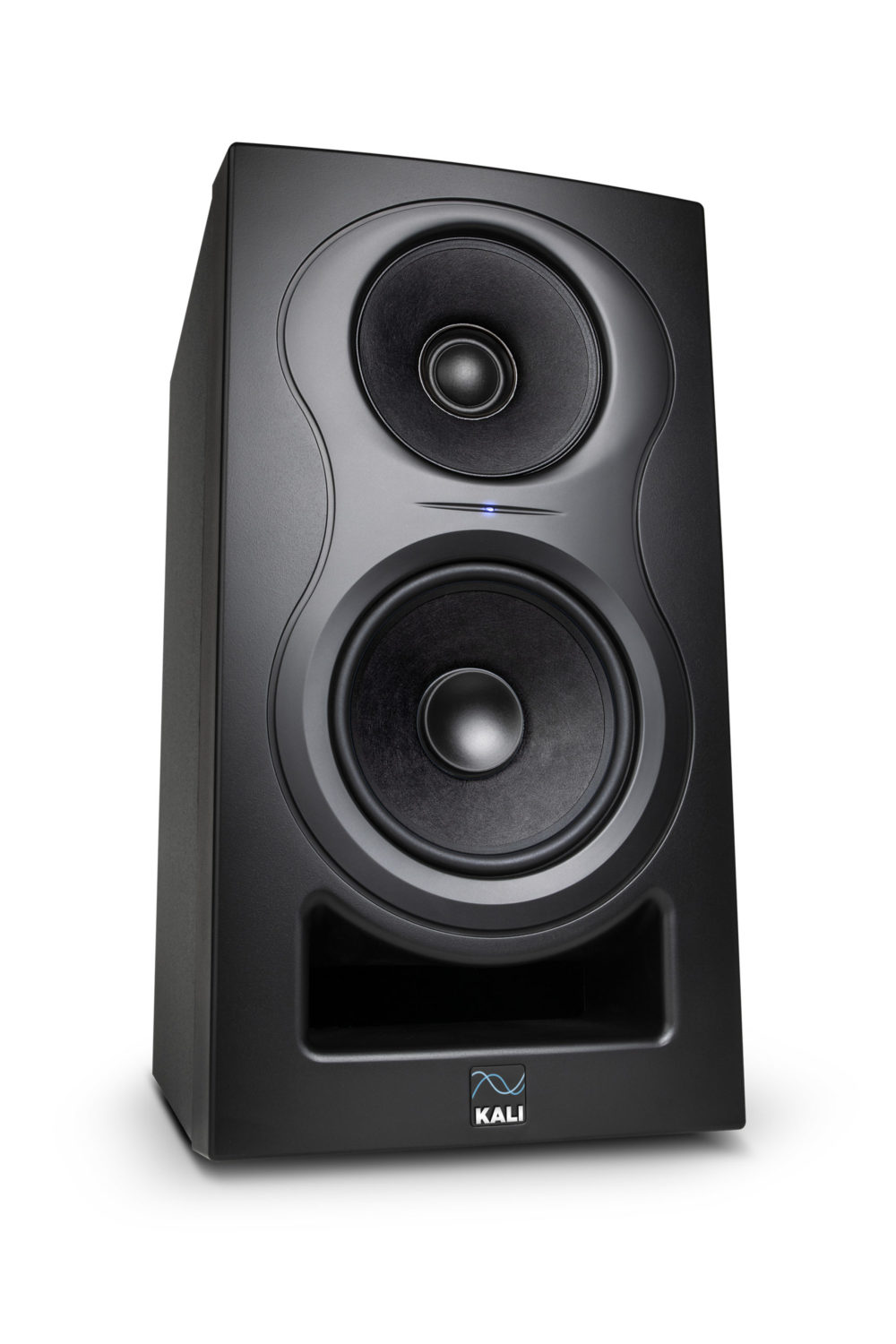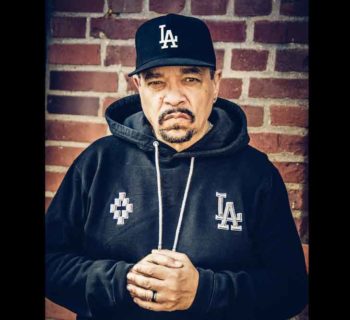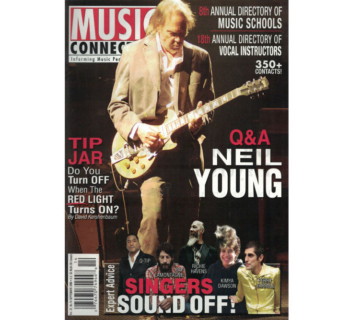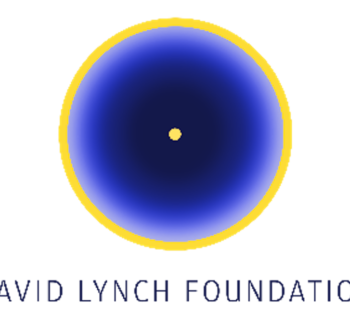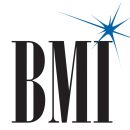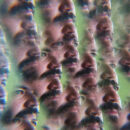Had 2020 played out like any normal year, on April 7, Norah Jones would have been onstage at the Southbank Center in London celebrating the centennial birthday of her father, legendary classical sitar player and composer Ravi Shankar, alongside her half-sister Anoushka Shankar and British musician Nitin Sawhney. Instead, she was, like so many other artists in the early days of the worldwide COVID-19 lockdown, livestreaming from the intimacy of home, sitting at her piano and singing one of his rare Western compositions, “I Am Missing You.”
As reported in Pollstar, the nine-time Grammy- winning singer-songwriter’s performance of this song was her second most viewed online performance, with over 1.6 million views. Her first, a March 19 five-minute run through Guns N’ Roses’ “Patience,” scored over 5.1 million views across various platforms, launching an intimate, delightfully low-tech weekly at-home livestream series that Jones continued throughout the year.
The series, which included a celebration of Willie Nelson’s birthday and an appearance by Sasha Dobson, Jones’ bandmate in the alt-country band Puss n Boots, earned the veteran artist a feature article in The New Yorker and the top spot by an artist on Pollstar’s Q3 chart for 2020. By the end of September, she had posted more than 30 videos (full of originals and covers from a multitude of genres) and had received more than 18 million views.
Now, nearly two decades into her stylistically eclectic, always full of surprises and unexpected collaborations career, the singer is releasing her first-ever live album, ‘Til We Meet Again. Produced by Jones and her front-of-house engineer Jamie Landry, the collection gathers 14 performances from the extensive international touring she did from 2017-2019 at venues in the U.S., France, Italy, Brazil and Argentina. The first single, her self-penned bluesy ballad “It Was You” (which originally appeared on her 2019 studio album Begin Again), was recorded at the 2018 Ohana Festival in Dana Point, California with Pete Remm on organ, Christopher Thomas on bass and Brian Blade on drums. The album closes with Jones’ 7-minute-plus piano-vocal performance of Soundgarden’s “Black Hole Sun,” a tribute to Chris Cornell that was recorded at the Fox Theatre in Detroit just days after Cornell’s death following a performance at the same venue.
Other featured musicians include bassist Jesse Murphy, flutist Jorge Continentino, percussionist Marcelo Costa and guitarist Jesse Harris, who wrote “Don’t Know Why,” the 2002 breakthrough single from her Blue Note Records debut album, Come Away With Me, that earned three Grammys (Record of the Year, Song of the Year and Best Female Pop Performance) and remains the only Jones single to reach the top 40 of the Billboard Hot 100.
Reaching No. 1 on the Billboard 200 album chart and (as of 2016) having sold over 27 million copies worldwide, Come Away With Me sparked a global phenomenon and an ever-evolving nearly two-decade career full of critically acclaimed and commercially successful solo recordings (the most recent of which is 2020’s Pick Me Up Off The Floor) and albums with her collective bands Puss n Boots, The Little Willies (an alt-country outfit named for Nelson) and the tongue-in-cheek alt-rock ensemble El Madmo.
Her 2010 compilation …Featuring Norah Jones included collaborations with Nelson, Outkast, Herbie Hancock and Foo Fighters. Since 2018, she has released a series of collaborative singles with a variety of artists and friends, including Mavis Staples, Jeff Tweedy, Thomas Bartlett, Tarriona “Tank” Ball, Rodrigo Amarante and Brian Blade. Her discography also includes collaborations with Billie Joe Armstrong, Ryan Adams, Keith Richards and Q-Tip from A Tribe Called Quest.
Music Connection: The title of the live album makes it more than a subtle wink to this strange past year with no artists on the road. What do you miss the most about being out there?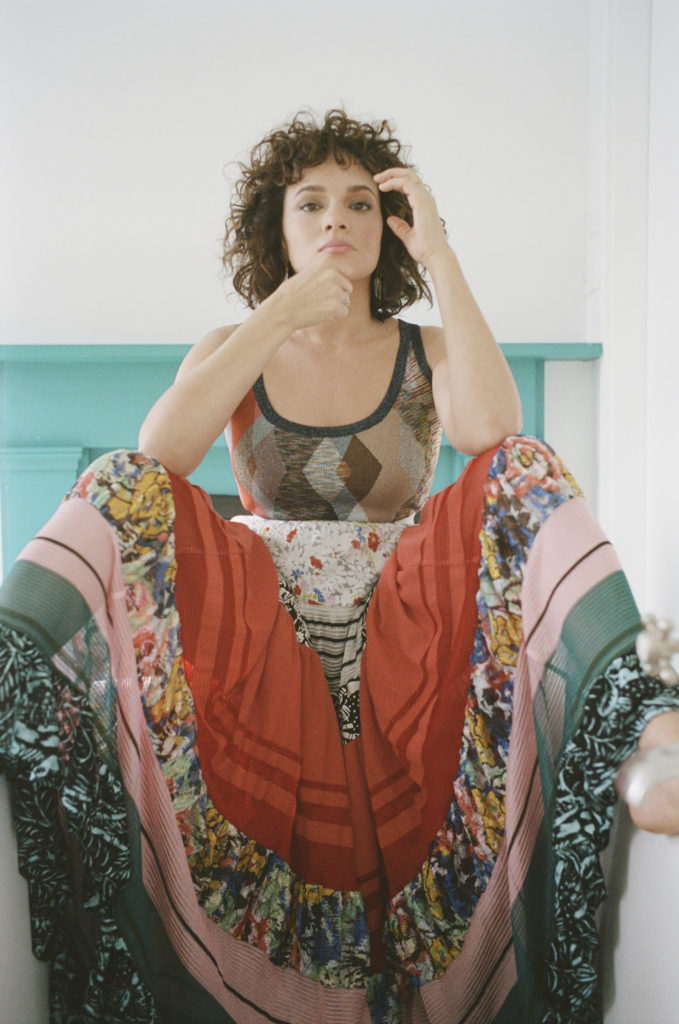
Norah Jones: I miss playing with a band and I miss the audience and action, the thrill of live performing in the moment where every time out, you can’t go back and tweak what you’ve done or make it perfect. Believe it or not, I actually miss traveling, going through security and getting on a plane. I even had a dream recently about going on tour. It had nothing to do with music. It was just me going to the airport and feeling excited about getting in a security line and taking a long plane ride. Not being onstage for so long makes me appreciate the little things I hadn’t appreciated in a long time. I miss the tour bus, hanging after a show having drinks, all of it.
MC: What were 2020 and 2021 supposed to look like, tour and release wise?
Jones: Last year we were supposed to put out Pick Me Up Off The Floor in May but it was pushed back to July. We would have done a lot of touring behind it, including a Japan tour. It’s okay, though. I made the best of it with the 40-plus livestreams that I never would have done. Raising two little kids, those were the only chances I could say I had something to do. I hadn’t been super-active on social mediabefore, so it was nice to stay in touch with fans that way.
MC: Creatively, what do you think the upsides are for musicians during this time?
Jones: I think overall we’re going to see a really big moment in music because of the way artists are responding creatively to the pandemic era and not being on the road. There’s a lot of outside-the-box thinking and it will be amazing to see what comes out of it. I got a drum machine for Christmas and I’m trying to do some stuff with it, but I’m not sure what it’s going to evolve into yet.
MC: Did the concept of putting together a live album happen before the pandemic or was it strictly in response to it?
Jones: ‘Til We Meet Again never would have happened without it. I was listening to some live performances last summer for a charity drive that a radio show was doing. I had Jamie Landry, my soundman, send me a December 2019 show I had done in Rio. I thought it was really special and I wanted to pick some songs from it. Listening to the audience made me feel warm all over. The band was great and we had so much fun on that tour, getting in the zone. We captured the essence of what live p
laying should be all about, and the energy really translates to the recording. One of my all-time favorite live albums is Bob Marley’s Live! and I always remembered the spontaneity and energy he brought to his audience. I’ve always strived for that kind of magic and hope fans can hear it on the new album.
MC: What do you like most about the performances you included on ‘Til We Meet Again?
Jones: I have had a lot of different bands over the years, and they all have something really different. This album is focused on our most recent incarnation, stripped down to a piano trio for a lot of it, with many different arrangements and a looseness in the way we re-imagined the songs. It’s nice to have a documentation for people who didn’t get to see these recent shows. I consider it a real touchstone for me. Jamie has been recording my shows since 2012 and the performances he picked for me to consider were excellent.
MC: How did you go about choosing the material and exact performances? What were your criteria?
Jones: The starting point was the Rio shows, and we ended up focusing on that vibe with Brian Blade on drums and Jesse Murphy on upright and electric bass. There were some earlier shows with Christopher Thomas on upright bass, which I also liked. Over these few years, these trios made everything feel looser. We didn’t always perform the same show, but there was a cohesiveness to what we were doing over these few years. For the album, we tried to pick a set list that would be similar to the feel of a single full show, with old and new material. I went back and forth a lot with Jamie and listened to a long list of songs and performances. He put them in a folder for me, with two or three versions of a song, broken down for me in a way I could digest without feeling overwhelmed.
For a long time, I didn’t think I wanted to include “Cold Cold Heart,” but at the last second I heard one of our versions, and it was so great I decided to open the album with it.
The Chris Cornell song was really special, and I always get chills when I hear it. He had just played the theatre, and I worked on an arrangement of the song the day I performed there, hoping I wouldn’t mess up the tribute. It is an amazing song and I knew I had to include it.
MC: Who were the tech people involved in recording, mixing and mastering? How is what we’re hearing now different from what the audience heard when you performed these songs?
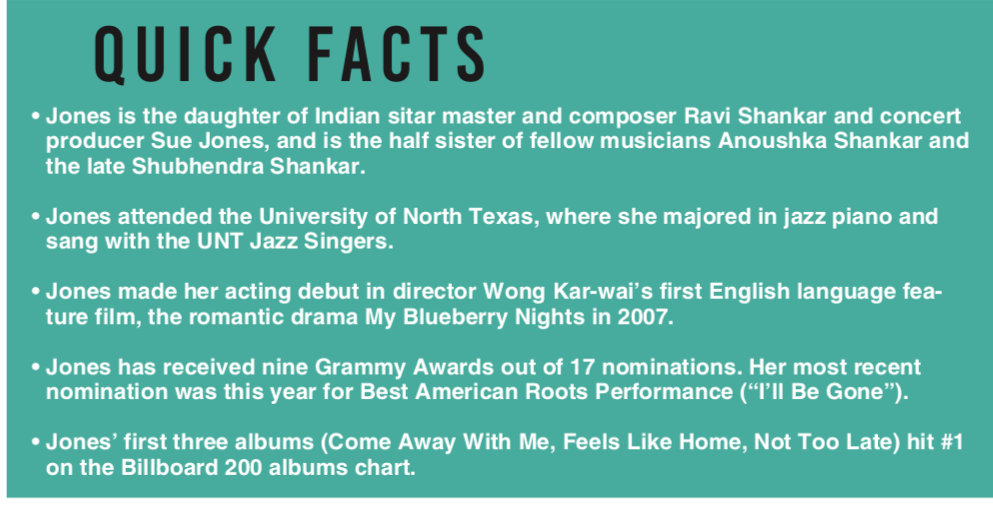
Jones: Jamie recorded the shows from the front-of-house soundboard, then multi-tracked them into Pro Tools. I got to listen to those reference mixes. He did remixes of all the tracks so they are slightly different from what the audience heard. As far as the tech goes, our whole crew was involved in getting the sounds at the shows just right, from setting up the mics on down. After Jamie remixed the tracks, they were mastered by Steve Fallone at Sterling Sound.
MC: Were there any overdubs?
Jones: No. There were a few minor edits, like we made “Black Hole Sun” a little shorter because otherwise we couldn’t fit it on the vinyl version we’re doing.
MC: What did you learn from the experience of creating this album, and how was it different from doing a studio recording?
Jones: I will say that I love playing in studio with musicians who can still capture performances like the ones we did live. I also enjoy having the opportunity to add things piece by piece and layering vocal harmonies. Live is a totally different thing, that feeling of no do-overs. Even when you record live in the studio you get a chance to do it a few times. It’s never one and done. On stage, you know this is it, whatever it is, and if you’re too fast or slow you’ve got to go with it, own it and have to make it work.
MC: What do you love the most about live performing?
Jones: It’s almost more fun when you make a mistake, because we all just loosen up after that. I love the energy of being in the moment. It’s really special. It’s hard to have that anywhere else these days, being in an environment where you’re not filling the time between takes checking your phone. It’s also nice to feel the audience. I’ve never been super chatty onstage, but I actually like when I get heckled––or is that the wrong word. You know, when the crowd gets a little rowdy, because that inspires me to talk more.
MC: What are the keys to creating a great performance?
Jones: It’s that thing you can’t chronicle or put your finger on. As I was going back and forth between two different versions for the album, there were a few times I messed up the lyrics or made mistakes, but the performance still felt good and I couldn’t deny it was the better one. That’s the thing with any art form––everything is about that unknown extra bit of magic dust and you just hope you can capture it.
MC: These gigs you chronicle from 2017-2019…what kind of venues were they? Do you prefer playing smaller venues as opposed to arenas or large outdoor venues?
Jones: They were mostly theatres, including Live au Campo in Perpignan, France, a beautiful, weird open-air amphitheatre space. I love playing those kinds of outdoor venues, but I also love playing bars in New York. Usually when I’m off tour, I play a lot in those places, and have done them over the years with Puss n Boots and other bands. I have always enjoyed performing locally, and it’s been weird to have none of that for so long.
MC: You put out some interesting projects in 2020. The opening line to your bio for Pick Me Up Off The Floor says you didn’t mean to make another album. What does that mean in light of the fact that it’s a pretty amazing collection?
Jones: I was trying to put out singles and doing little sessions every few months, spending two to four days with somebody. It started with one of the first trio sessions I did with Chris and Brian, which got me inspired to write. It blossomed from there, and I did it with the intention to just do singles. Over time, I realized I had a lot of leftover material that was more cohesive than I expected. We added another session and had a full album to release.
MC: One of the most fascinating aspects of your career has been your ongoing collaborations with different artists in a multitude of genres and guest appearances on their albums. Why are those so essential to you and your evolving artistry?
Jones: It’s the way I came up as a musician, learning that not everybody comes from the same type of musical background. I’ll bet a lot of artists who don’t collaborate like this would get addicted to it. I’m always learning, trying new things, picking new ideas up along the way. It’s not about consciously trying to evolve, but doing it because it’s fun.
It was fun last year playing alone at my piano for the livestreams, but nothing excites me more than working with a band and playing with great artists. At heart, I’m a New York musician wanting to play with other musicians on various projects like I did before Come Away With Me. When that album became successful, I got a lot of calls to collaborate with heroes of mine I could never have imagined meeting, let alone creating music with.
MC: In a year, you’ll be celebrating 20 years since that debut album. What was the most surprising aspect of its incredible success?
Jones: Just the fact that it was massive was surprising for everyone involved. Blue Note did a great job promoting it. We were all caught up in a crazy whirlwind for a long time. Then coming out of it after a few years, I realized that the only way to enjoy that success was to keep making music I loved. When you start off like that, there’s always the potential to experience the fear of subsequent failure––but I never had that, because I was only searching to better myself and was not afraid to try new things.
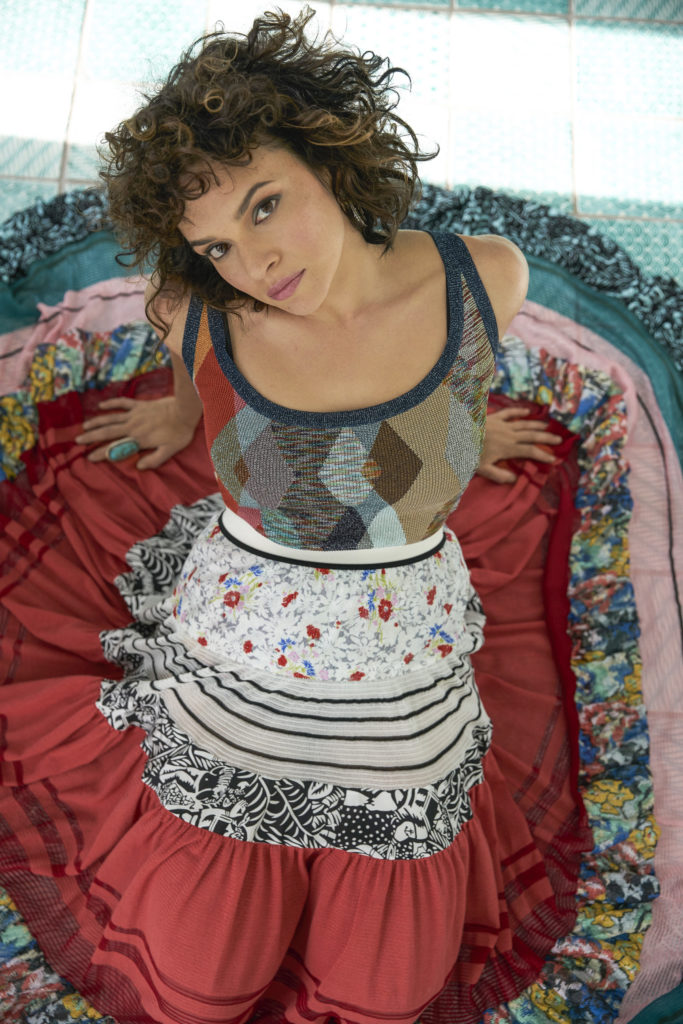 MC: What was the hardest part about being an instant superstar?
MC: What was the hardest part about being an instant superstar?
Jones: The most difficult thing was going from being just a well-intended working musician for whom music was always something very positive to being in a realm where being very successful also made you vulnerable to people saying bad things and tearing you down. That was before social media, but there were plenty of chatrooms and message boards. There is always a tipping point with successful people in our culture where that happens. I had to learn how to not let any of that affect the way I made music. There was so much that was positive, but it was easy to let the negative things about people’s wrong perceptions of me get in my head. I learned that is all a normal thing that comes with success and I learned to turn it off to focus on what made me happy.
MC: You’ve been with the legendary Blue Note label your whole career. That’s remarkable in this day and age. Why do you think that relationship has lasted so long?
Jones: They’ve been my family and so great to me since the beginning. (The late President and CEO of the Blue Note Label Group) Bruce Lundvall was my friend and mentor and he would tell me the stuff the higher-ups (at the EMI Group) would want me to do but never made me feel I had to do anything I didn’t feel was right for me. He gave me money to make demos before deciding to sign me. He said, ‘This isn’t jazz necessarily, but I love it.” Which took a lot of pressure off for me to become some great jazz singer. I can think of 10 to 15 people at the label who were always like family, hanging out, having drinks and dinner. Only (publicist) Cem Kurosman is there from my early days, but all the new people, including (current label president) Don Was, are great. I’m really lucky I fell into that group. They’re a little section of the industry that’s really special.
MC: In line with the title of the album, how do you think 2021 will play out for you?
Jones: I’m just trying to stay creative and give myself little things to look forward to. I’ve been writing a lot of songs lately and my head’s all over the place. It would be fun to play a live show at some point, but for now, I’m just gonna roll with whatever happens. Usually I’m at my best when I try different things without intending to do something new.
Contact Cem.Kurosman@umusic.com
PHOTOS BY DIANE RUSSO


